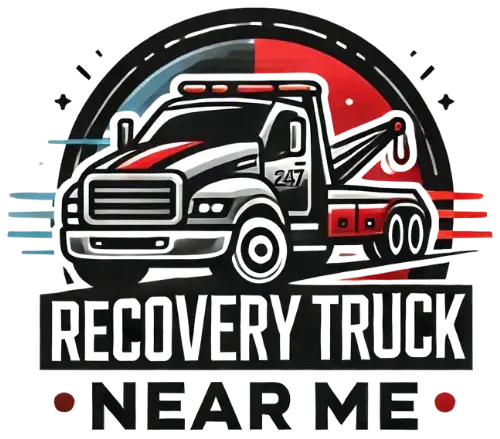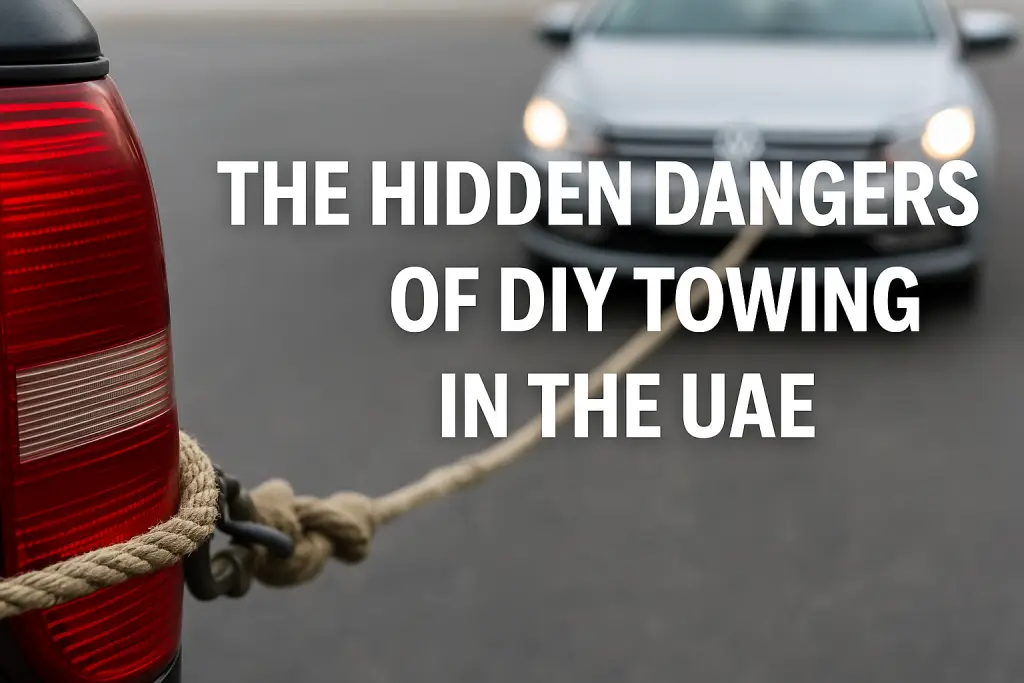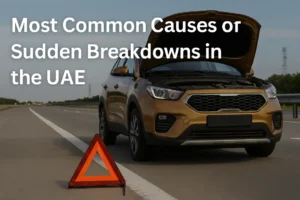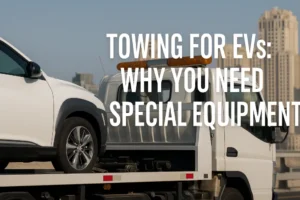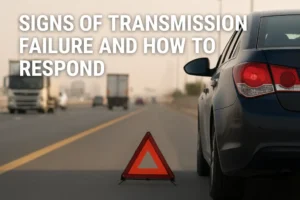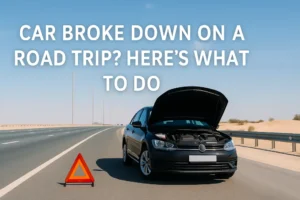Introduction
It’s a common scene: your friend’s car breaks down, and you offer a quick fix by tying it to your SUV with a rope. Harmless, right? Not quite.
DIY towing in the UAE might seem like a budget-friendly or time-saving option, but it can lead to serious safety hazards, legal issues, and expensive damage. In this article, we uncover the hidden dangers of towing a vehicle yourself, and explain why relying on professional services like Recovery Truck Near Me is often the smartest decision you can make.
1. Lack of Proper Equipment
The average driver doesn’t carry the right tools to tow another car safely. Tow ropes from supermarkets or hardware stores may not meet safety standards or be suitable for your vehicle’s weight class.
According to Car and Driver, improper tools can snap under pressure or cause further vehicle damage.
2. Damage to Both Vehicles
DIY towing can harm not just the broken-down vehicle, but also the one doing the pulling. A sudden jerk can ruin bumpers, suspensions, or transmissions on either side.
Many towing jobs require wheel-lift or flatbed support – techniques only a trained recovery truck operator can perform. Learn more from AAA.
3. Legal Consequences
In the UAE, towing a vehicle without proper registration or authorization is illegal. The Roads and Transport Authority (RTA) has strict rules about vehicle recovery, especially on major highways.
A report from The National warns drivers that using DIY towing methods can result in fines, black points, or even vehicle confiscation.
4. No Insurance Coverage
If something goes wrong during your DIY recovery, don’t expect your insurance company to bail you out. Most providers don’t cover damage incurred during unauthorized towing attempts.
Check your policy closely – or better yet, avoid the risk altogether by calling Recovery Truck Near Me.
5. Poor Visibility and Control
DIY towing creates visibility blind spots and unstable control. If you’re towing using ropes or non-rigid bars, your reaction time drastically reduces.
Braking, turning, or reversing safely becomes extremely difficult, especially in UAE’s fast-moving traffic or desert roads. This increases the risk of collisions.
6. Lack of Brake Synchronization
Professional tow trucks are equipped with brake sync systems that coordinate stopping between both vehicles. DIY methods lack this.
Without this synchronization, the towed car may crash into the towing vehicle – particularly at intersections or during emergency stops. Kelley Blue Book explains how brake coordination plays a vital role in vehicle recovery.
7. It Can Delay Emergency Services
By attempting a DIY recovery, you might block a road or create a hazard that emergency services must deal with – costing valuable time and putting others at risk.
For high-speed roads like Sheikh Zayed Road or Al Khail, it’s essential to let professionals like Recovery Truck Near Me manage the situation safely and quickly.
Comparison Table: DIY Towing vs Professional Recovery
| Aspect | DIY Towing | Professional Recovery |
|---|---|---|
| Legal compliance | Often illegal | Fully licensed and RTA-compliant |
| Safety | High risk | Trained professionals and safety tools |
| Equipment | Inadequate | Wheel-lift, flatbed, brake sync systems |
| Insurance coverage | Not covered | Often fully covered |
| Response time | Delayed, depends on friend | Fast, 24/7 service |
| Cost in long term | Risk of high repairs or fines | Predictable, fixed service cost |
Conclusion
DIY towing may feel like a quick fix, but in the UAE’s regulated and fast-paced environment, it’s rarely worth the risk. From legal troubles to serious damage, you could end up in a worse situation than when you started.
Instead of risking your car, or your life – contact Recovery Truck Near Me. Their professional, 24/7 support ensures your vehicle is recovered legally, safely, and without hassle.
